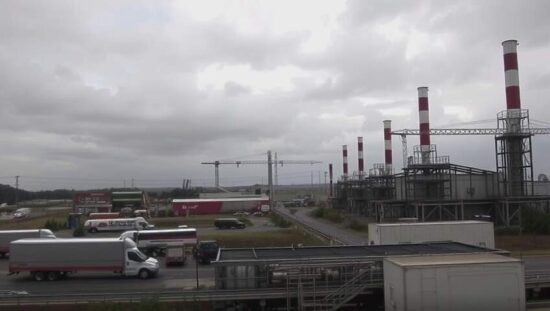The German Federal Ministry for Economic Affairs and Climate Action (BMWK) has signaled a potential, albeit conditional, possibility of restarting the certification process for the Nord Stream 2 gas pipeline, a move that has drawn immediate criticism and raises complex geopolitical questions. In a written response to the environmental advocacy group Deutsche Umwelthilfe (DUH) and reported by Tagesspiegel Background, the Ministry stated that a resumption of the currently suspended process “cannot be excluded” in the medium term.
However, the Ministry’s assessment is heavily caveated. The core condition for any renewed scrutiny lies with Nord Stream 2 AG, the pipeline’s operator. The company must first address the reasons that led to the initial suspension of the certification process on November 16, 2021. This fundamentally requires fulfilling the requirements of the Energy Industry Act, effectively transitioning the pipeline’s operation to an independent transmission network operator. Crucially, this involves transferring the German section of the pipeline to a domestic company and operating it under their control. Prior to any certification, a comprehensive security assessment and a declaration of acceptability from the BMWK would also be necessary.
The prospect of a revived certification process immediately clashes with existing EU sanctions and firm political commitments. The European Union’s 18th sanctions package, implemented on July 18th, includes a complete “transaction ban” specifically designed to preclude future utilization of the Nord Stream 2 pipeline. This policy aims to definitively end any potential for the pipeline to be used for gas transport. Furthermore, Chancellor Friedrich Merz of the Christian Democratic Union (CDU) pledged to Ukrainian President Volodymyr Zelenskyy on May 28th that he would actively oppose the pipeline’s operation.
While one of the two Nord Stream 2 strands remained undamaged following the September 2022 sabotage incidents and technically retains the capacity to transport Russian gas to Germany, the BMWK’s openness to a potential restart, however conditional, is likely to draw accusations of backtracking on sanctions policy. Critics argue the move demonstrates a willingness to consider Russian energy interests despite ongoing geopolitical tensions and the commitment to Ukrainian sovereignty. The conditional nature of the assessment does not negate the political sensitivity of the issue and the prospect of a restart remains deeply controversial and faces significant legal and political roadblocks. The potential for a re-evaluation reinforces the ongoing complexities of balancing energy security with geopolitical considerations within Europe.





